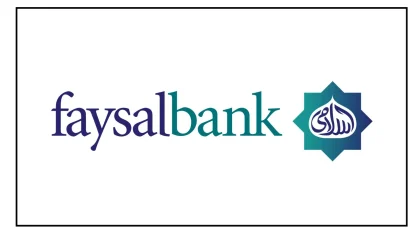THE global Islamic finance industry is expected to contract this year as sukuk issuance due to significant disruption in corporate sukuk issuance in the first half of 2020 (1H20), said Moody’s Investors Service VP senior credit officer Nitish Bhojnagarwala.
“We only expect a modest decline in issuance from US$179 billion (RM737.48 billion) to US$170 billion which is 5% below the 2019 levels,” said Nitesh in a Moody’s media roundtable session on Growth and Development of Islamic Finance Across Core Markets yesterday.
Corporate borrowers, banks and sovereigns have pulled back from vigorous issuance this year due to economic uncertainties triggered by the Covid-19 pandemic.
The Malaysian government and central bank have channelled monetary resources to support the economy and cope with the pandemic, and lower oil prices earlier this year and thus further limited government issuance, said Christian de Guzman, VP senior credit officer sovereign risk group Moody’s Investors Service.
“Government fiscal position has been stretched by the pandemic and with many of the Islamic jurisdictions exposed to lower oil prices which had a knock on effect on revenues.
“At the same time, there are Covid-19 spending in-terms of curtailment, increased healthcare cost and assistance to households and businesses by pushing expenditure,” said de Guzman.
He added that although private sukuk issuers command a large share of outstanding Shariah-compliant securities in the Malaysian capital market, any pullback on government issuance leaves a meaningful impact on overall volume.
Moody’s said long term expectations for both Islamic finance and the sukuk market remains under-represented. “The sukuk market growth potential is on the green sukuk side where the issuance activities have been growing over the years. The world sukuk issuance is US$180 billion versus green sukuk of only US$4.5 billion. So, overall issuance activity has been fairly low,” added Nitish.
He added that sustainability-focused issuance within the Gulf Cooperation Council region, Asia Pacific and Turkey are expected to drive green sukuk volume.—The Malaysian Revenue


















